A wedding is a joyous and sacred event that incorporates religious and cultural customs. Preparing for this important sacrament requires attention to spiritual, logistical, and personal details to ensure everything is in place for the ceremony and the couple’s future life together. A Catholic wedding checklist acts as a roadmap to assist couples in planning their wedding while adhering to the teachings and customs of the Church.
Usually, the checklist will include everything from practical matters like venue selection, attire, and reception planning to spiritual preparations like pre-marriage counseling and reading selections. It guarantees that the couple is ready for their lifelong, religious commitment as well as for the day of their wedding.
This checklist will assist couples in staying organized and adhering to Catholic Church regulations while making sure the day is beautiful, meaningful, and consistent with their beliefs.
The Organizational Structure
- A wedding venue
- A priest
- A marriage registration form
- Witnesses to sign the license
- A function structure
- An order of entry for the bridal party
- Ushers to help seat guests
- Wedding rings
- Vows
- Transport for the guest
1. The Venue
When planning the venue for a Catholic wedding, there are several key considerations to keep in mind. Here’s a checklist focused on the Church Reservation
- Choose the Church: Decide which Catholic church you would like to set up for your wedding. It could be your local parish or another church with personal significance.
- Confirm Availability: Ensure the church is available on your preferred wedding date. Some churches book well in advance.
- Meet with the Priest: Schedule a meeting with the priest for initial discussions and approval.
- Marriage Preparation Classes: Prior to marriage, the majority of churches mandate premarital counseling or classes.
2. Ceremony Requirements
- Marriage License: Ensure you have the necessary legal documents (civil marriage license).
- Liturgical Music: Confirm if the church has specific requirements or restrictions on music during the ceremony.
- Flowers & Decorations: Check the church’s rules about flowers and decorations (some churches have restrictions on where and how you can decorate).
- Photographers: Clarify with the church if they have specific rules about where photographers/videographers can be during the ceremony.
3. Guest Accommodations
- Capacity: Know the seating capacity of the church to ensure it accommodates your guest list.
- Accessibility: Verify that the church is accessible for elderly or disabled guests.
- Parking: Check if there is adequate parking available for guests.
4. Venue Fees
- Donation/Fee: Many churches require a donation or fee for using the venue. Clarify the amount and what is included.
- Additional Costs: Inquire if there are additional fees for items like flowers, musicians, or cleaning after the event.
5. Rehearsal Arrangements
- Rehearsal Time: Schedule a rehearsal with the church, typically the day before the wedding.
- Rehearsal Participants: Ensure key participants (bride, groom, wedding party, readers, etc.) know when and where the rehearsal will take place.
These venue-related points will help ensure that the church part of your Catholic wedding is organized and runs smoothly.
The Readings
- Scripture-Based: The readings come from the Bible and typically include one Old Testament reading, one New Testament reading, and a Gospel passage.
- Liturgy of the Word: The readings are part of the “Liturgy of the Word,” a key section of the Catholic wedding Mass.
- Chosen by the Couple: The couple selects readings with the guidance of their priest, often reflecting themes of love, commitment, and faith.
- Readers: Family members or close friends are usually invited to read the Old and New Testament passages, while the priest or deacon reads the Gospel.
- Message of Love: The readings focus on God’s love, the sacrament of marriage, and the responsibilities of a Christian marriage.
The Music
- Select sacred, classical, or instrumental music.
- Coordinate with the church’s music director.
- Choose entrance, communion, and recessional hymns.
- Ensure lyrics are appropriate for a religious ceremony.
- Rehearse with musicians/singers
The Decor and Details
- Altar Decorations:
- Flowers (check with the church for guidelines)
- Candles (if allowed by the church)
- Altar cloths (church may provide)
- Pew Decorations:
- Ribbon or tulle
- Small floral arrangements
- Aisle Decorations:
- Aisle runner (if permitted)
- Flower petals
- Church Entrance:
- Floral arrangements or wreaths
- Welcome sign
- Unity Candle/Items for Rituals:
- Unity candle (if part of the ceremony)
- Items for the blessing (holy water, rosaries)
- Seating Signs:
- Reserved signs for family pews
- Program baskets or table
- Music Setup:
- Space for musicians or choir
- Microphone for readings and vows
- Confetti/Flower Toss:
- Confirm with the church what’s allowed for the exit (flower petals etc).
In conclusion, a well-planned Catholic wedding ensures a meaningful and sacred celebration. By following this checklist, you can focus on the sacrament’s significance. Your wedding will be an elegant and unforgettable start to your married life if every detail is meticulously planned.
Download the Wedding Ceremony Checklist (Printable PDF!)

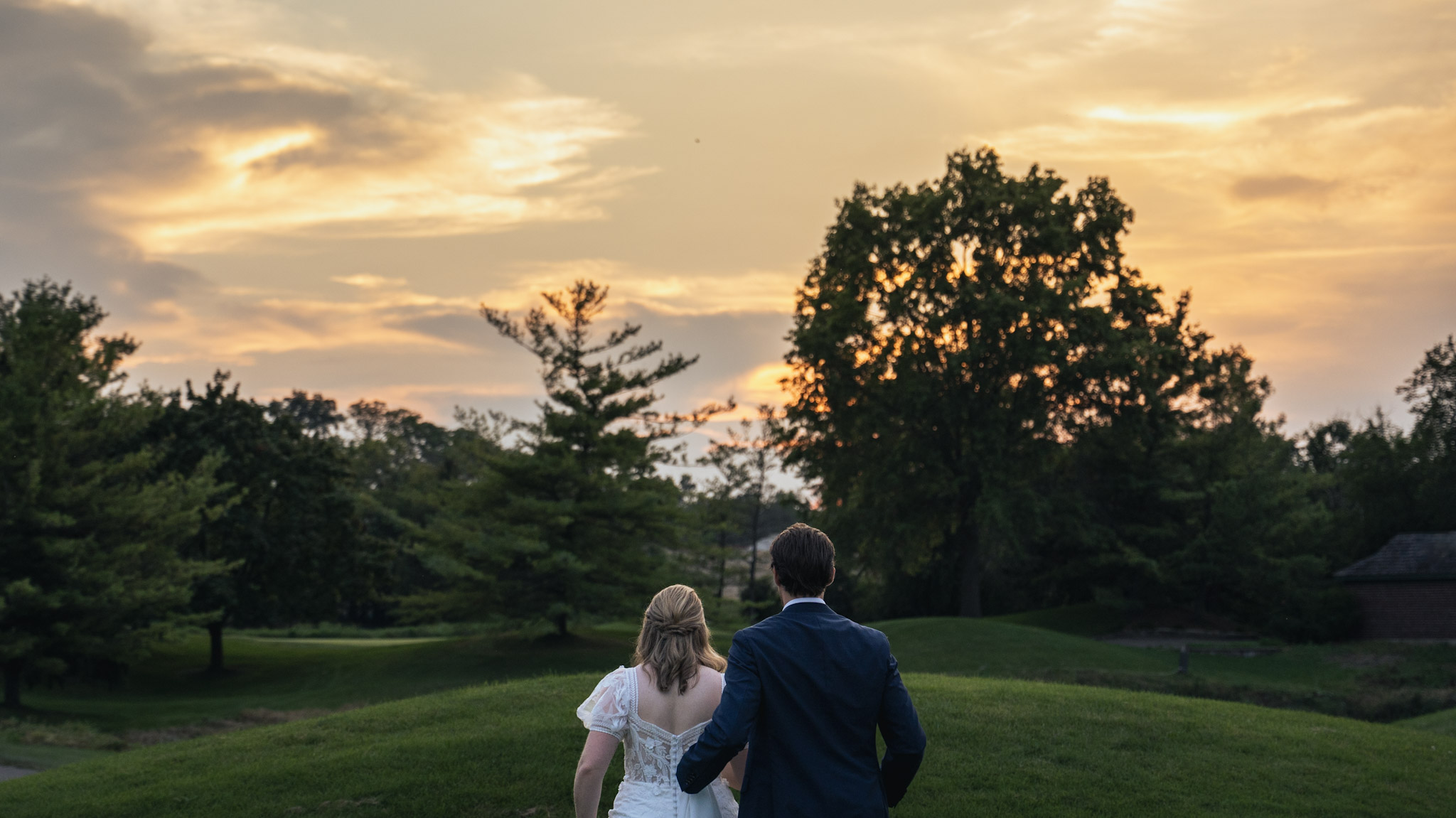
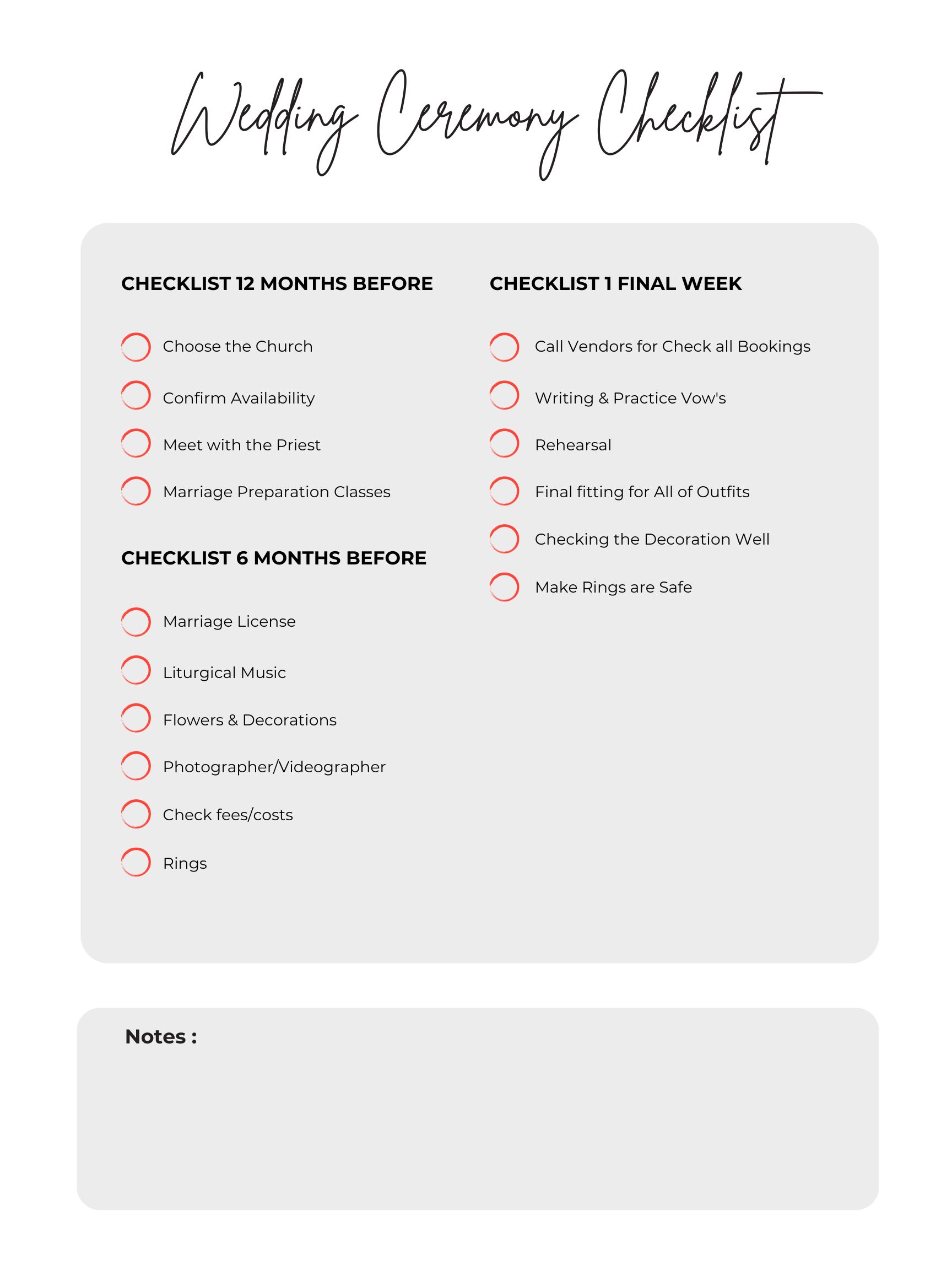
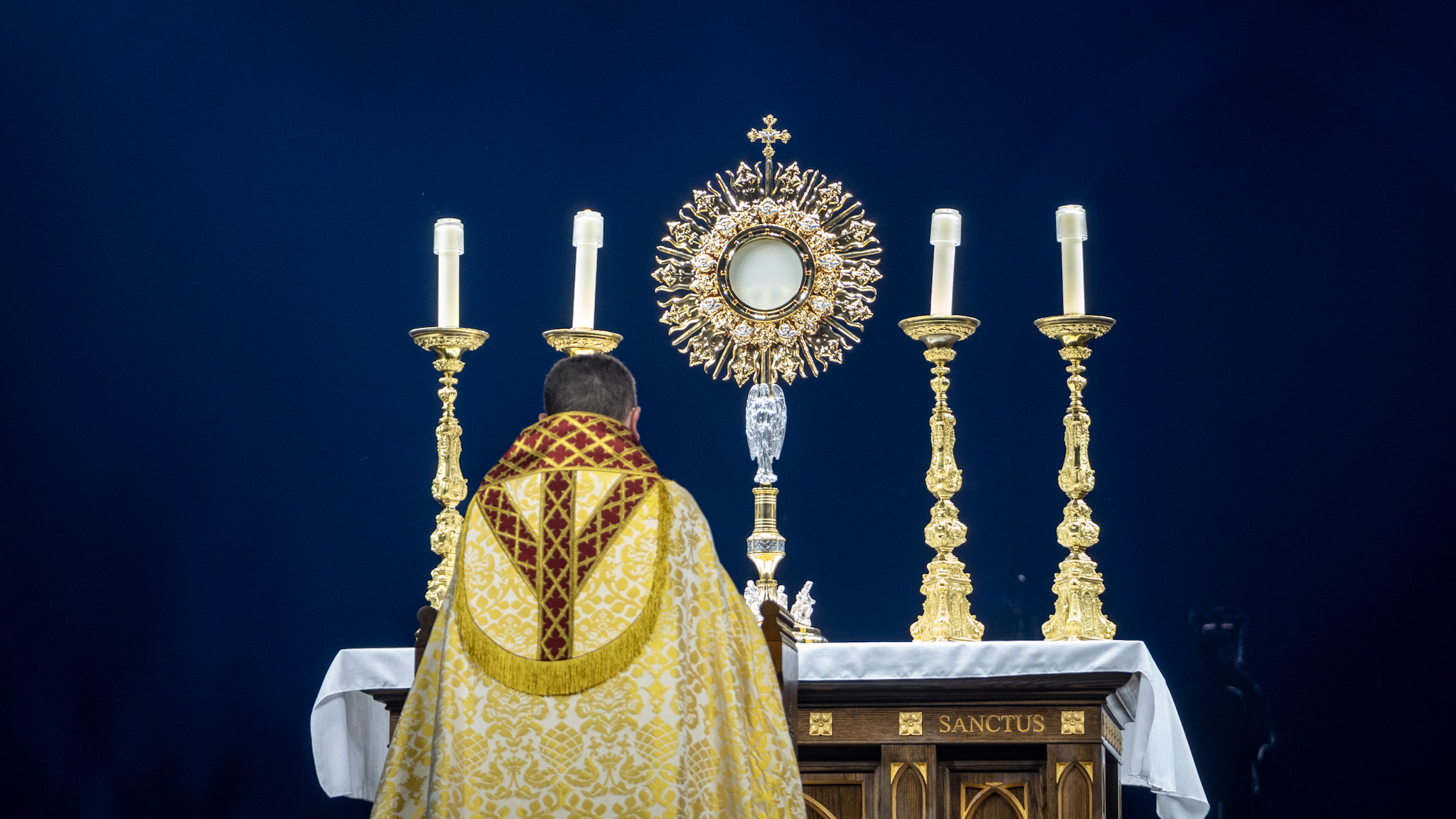

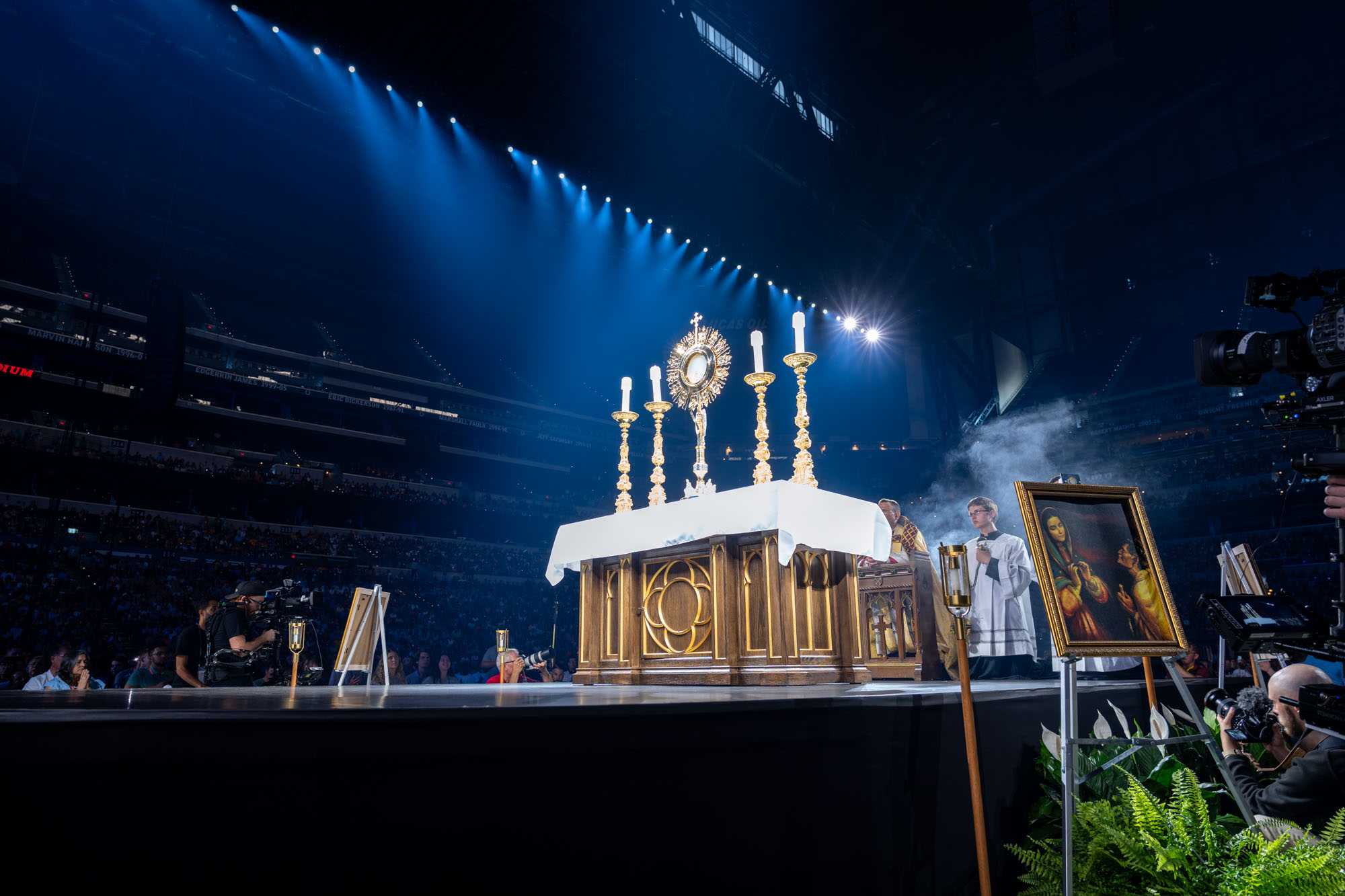
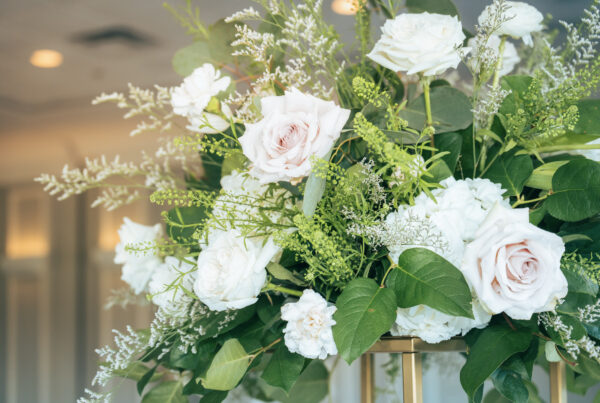
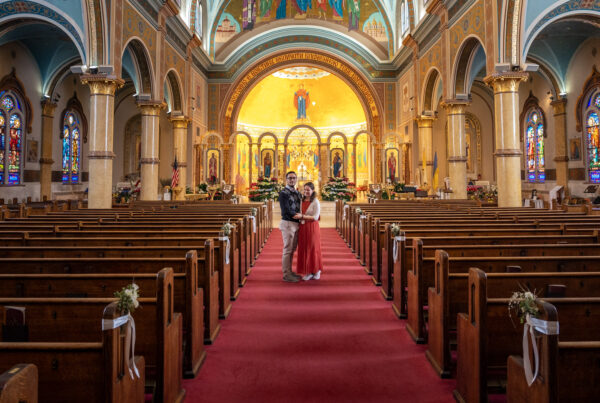
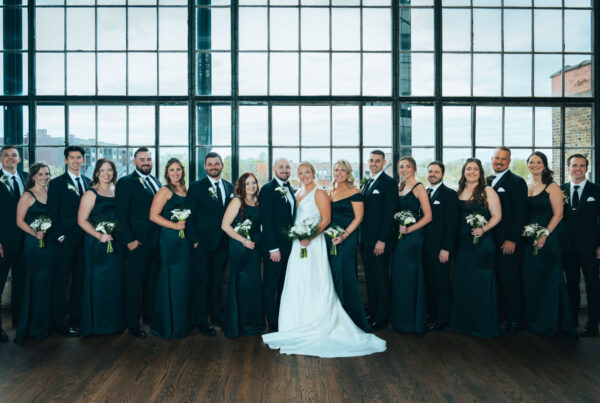

“Thank you for sharing this fantastic checklist! It’s so helpful to have everything laid out in one place, especially with all the details that go into planning a wedding ceremony. The printable PDF is a game-changer—so easy to keep track of everything! I really appreciate the thoughtful sections for organizing the timeline, music, and vows. This is definitely going to make my planning process a lot smoother. Thanks again for making wedding planning just a little bit easier!”
You are welcome! Enjoy!
Gracias, de gran ayuda… pero no super como imprimirla…
Puede utilizar la opción de impresión en su navegador “ctrl + P”